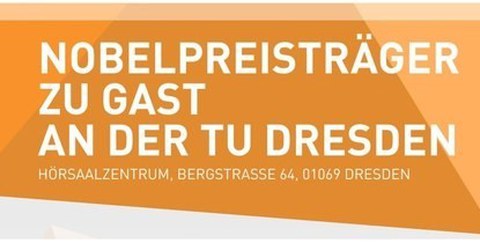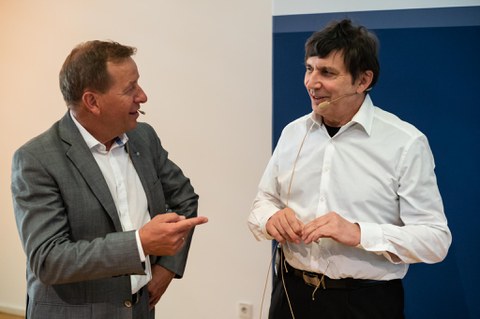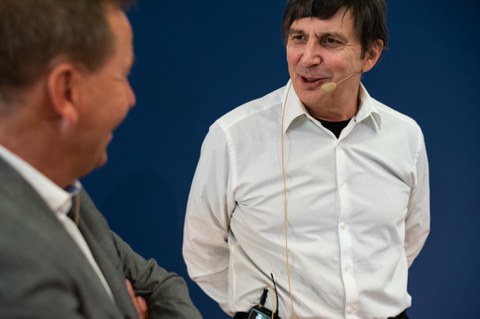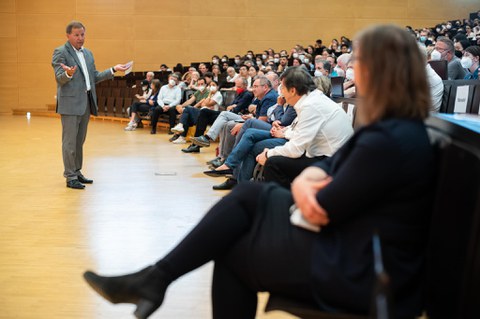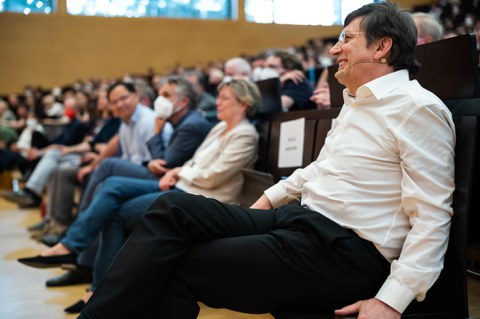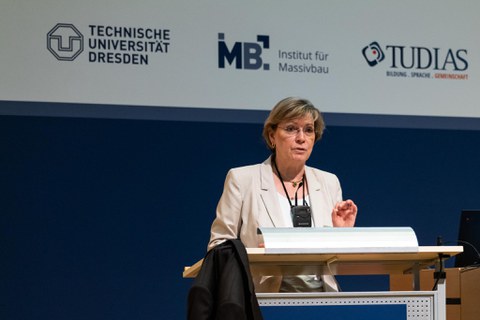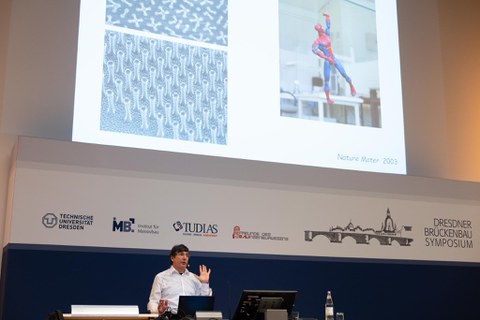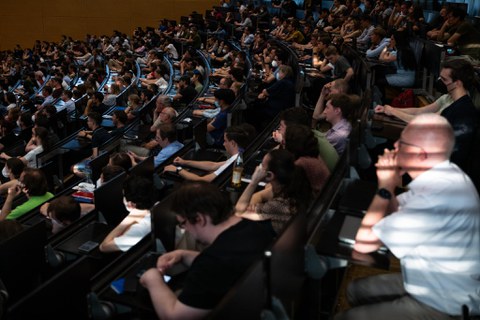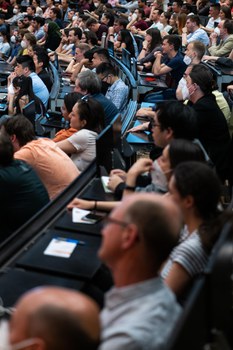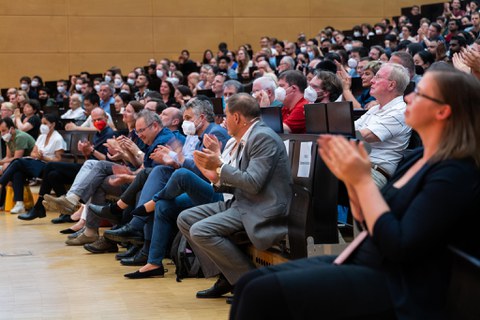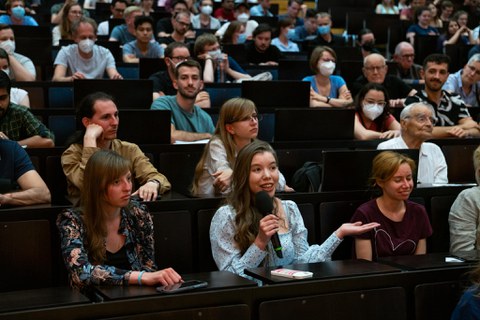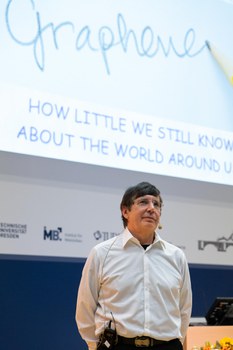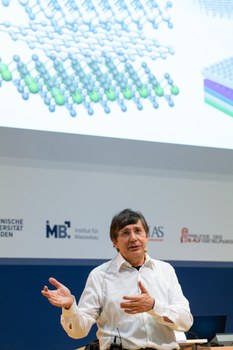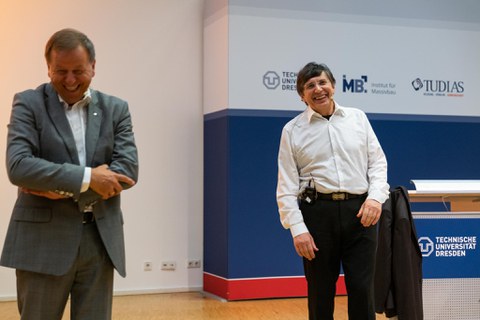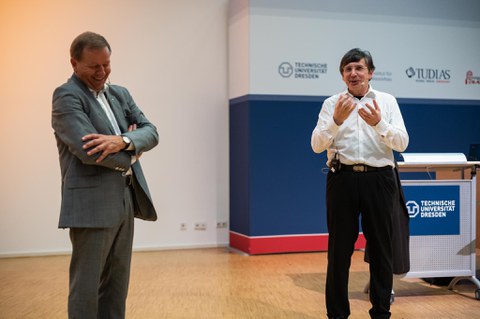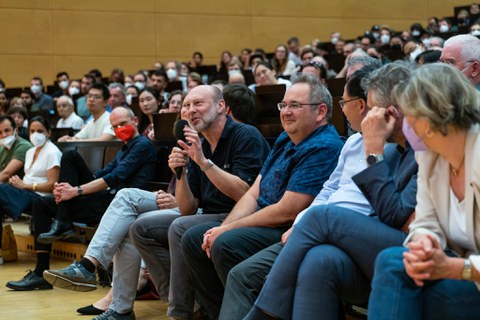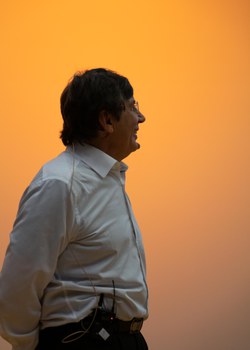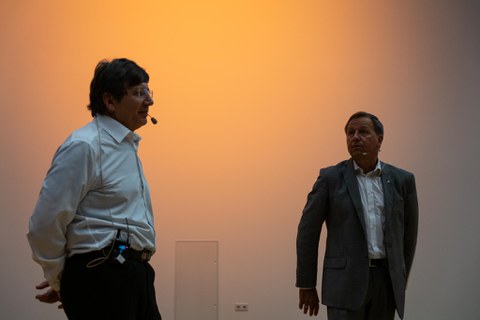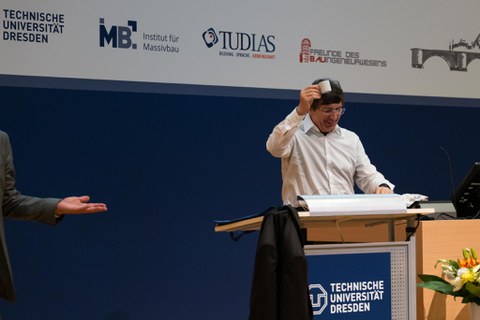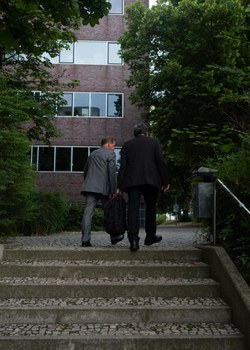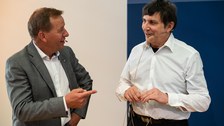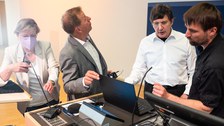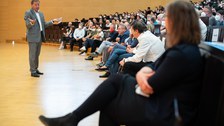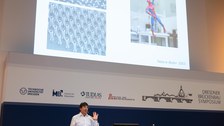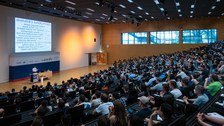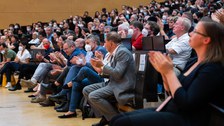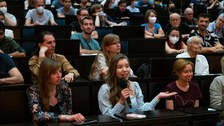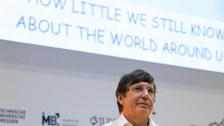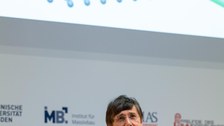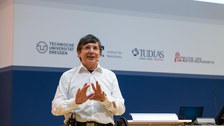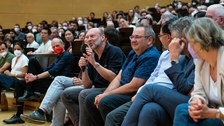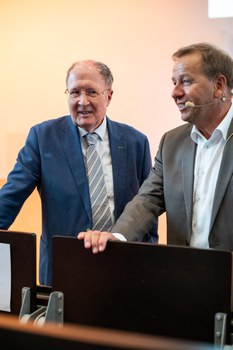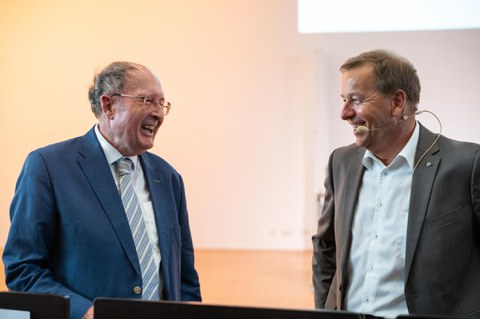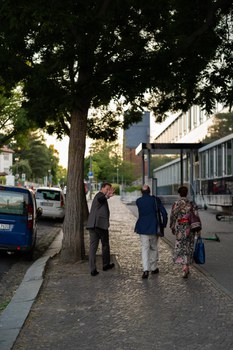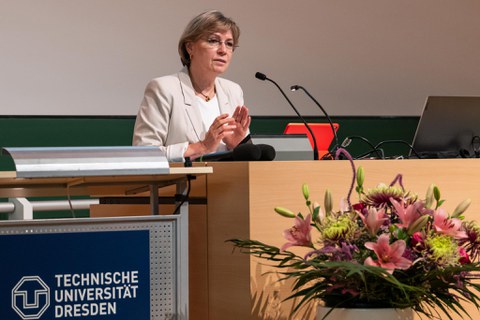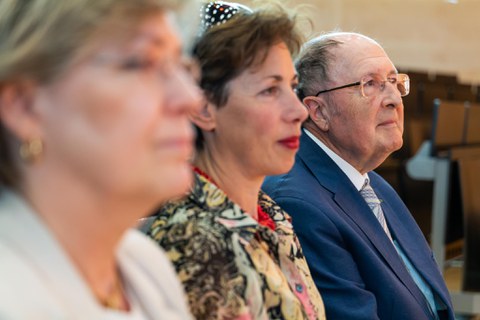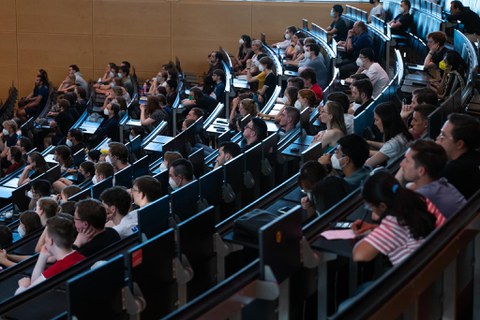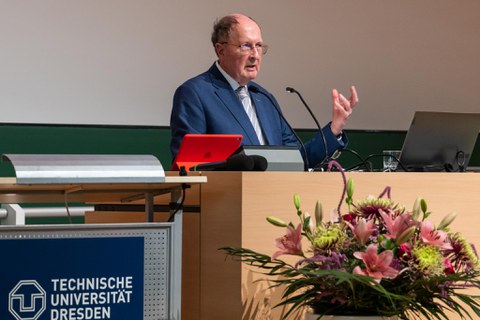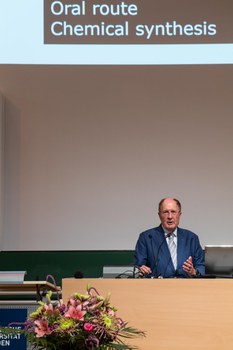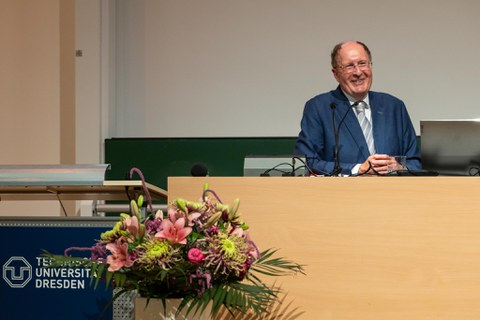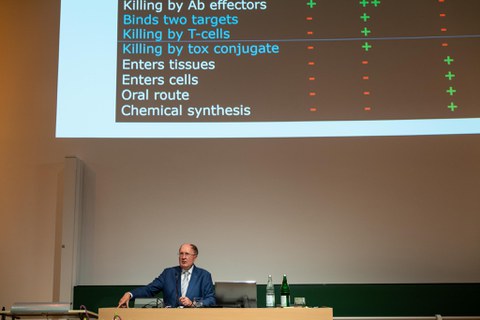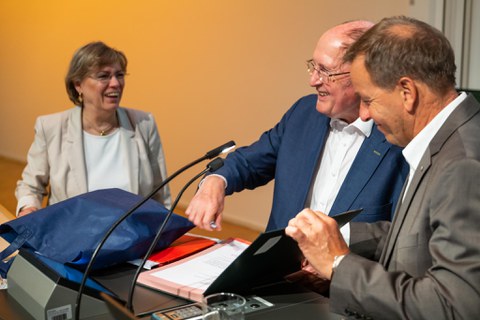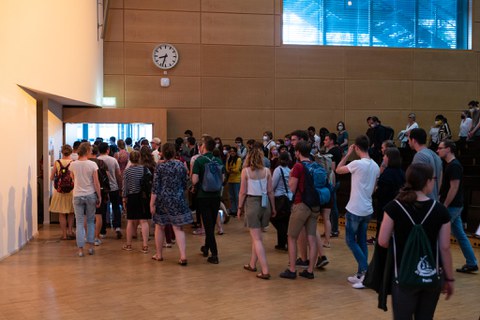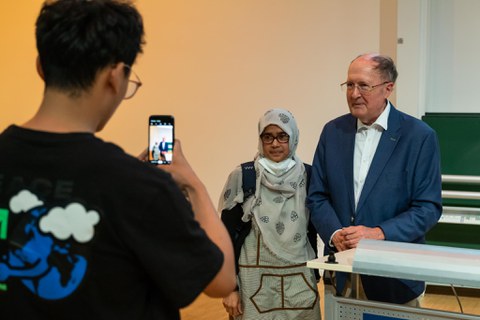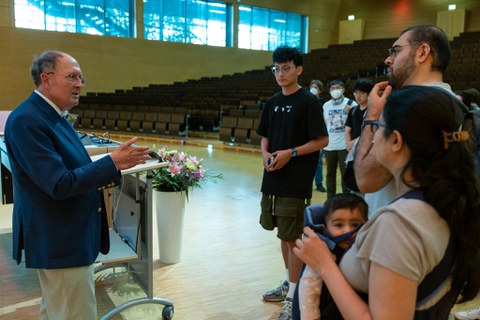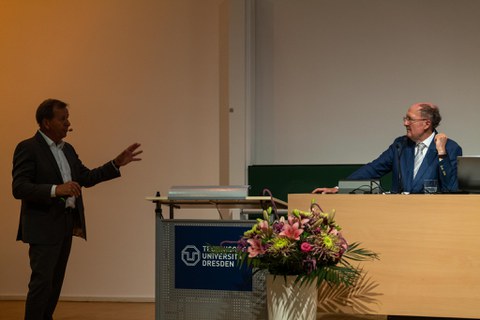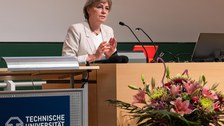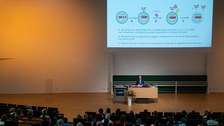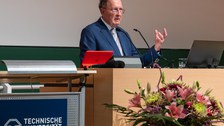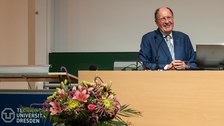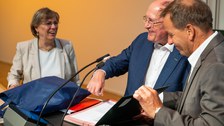Nobel Laureates at TU Dresden 2022
We would like to thank our sponsors: Novaled, the Hotel Taschenbergpalais Kempinski and the Society of Friends and Supporters of the TU Dresden e.V.
Sir Andre Geim
2010 Nobel Prize in Physics
Wednesday, 8 June, 2022 at 7 p.m.: A Random Walk to Graphene
Sir Andre Geim (*21.10.1958, Sochi, USSR)
University of Manchester, Manchester
The discovery of graphene is one of the "eureka moments" of our time. It's the story of how Andre Geim and Konstantin Novoselov realized that the discarded strips of tape routinely used to create clean surfaces on graphite blocks weren't useless - but might actually be covered with a type of carbon that previously existed only in theory. A material made of carbon atoms arranged in a hexagonal lattice and just one atom thick: Graphene. In 2004, Andre Geim and Konstantin Novoselov succeeded in producing graphene and mapping its properties: incredibly thin yet incredibly strong, good thermal and electrical conductivity, almost completely transparent yet very dense. For their studies of the "miracle material," the scientists received the 2010 Nobel Prize in Physics just seven years after describing their initial discovery.
Sir Gregory Winter
2018 Nobel Prize in Chemistry
Wednesday, June 22, 2022 at 7 p.m. Harnessing evolution to make new medicines
Sir Gregory Winter (*14.04.1951 Leicester, Great Britain)
MRC Molecular Biology Laboratory, Cambridge
Evolution - the adaptation of species to different environments - has produced an enormous diversity of life. Gregory Winter used the same principles - genetic modification and selection - to target antibody evolution. Specifically, he used "phage display," a method in which a bacteriophage - a virus that infects bacteria with its genes - is used to engineer new proteins. This method can now be used to develop targeted antibody therapies for specific diseases. Winter and his team used it in the 1990s to produce the first drug based entirely on an antibody, which was approved in 2002 as a treatment for rheumatoid arthritis. Since then, the method has been used to develop other antibody drugs for metastatic cancer, autoimmune diseases and toxins, among others. For the phage display of peptides and antibodies, Sir Gregory Winter, together with George P. Smith with the 2018 Nobel Prize in Chemistry.

